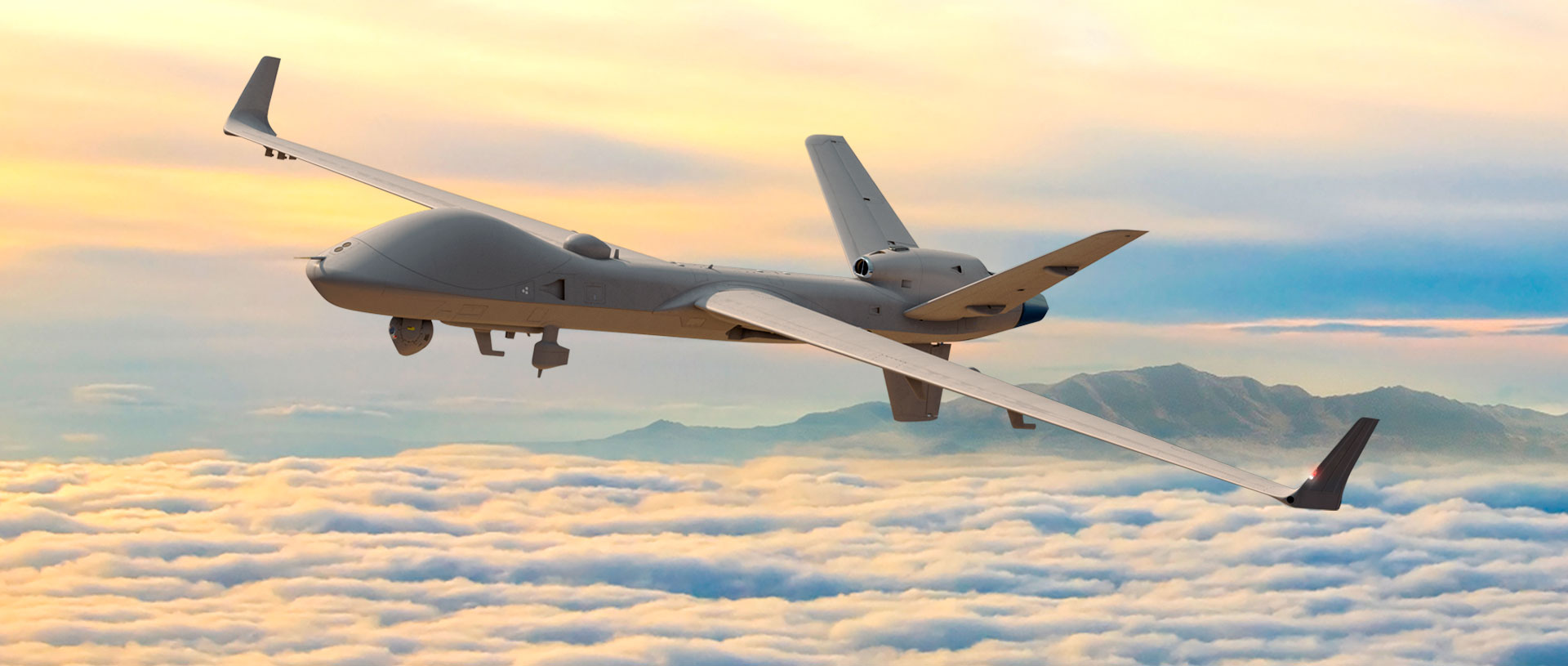SOURCE: AFI


In a significant boost to its unmanned aerial capabilities, the Indian Armed Forces have received approval from the Cabinet Committee on Security (CCS) to procure 31 MQ-9B Unmanned Aerial Vehicles (UAVs) from the U.S.-based General Atomics. The deal, which has been under consideration for some time, is expected to be signed by the end of 2024, with initial deliveries slated for late 2027 or early 2028.
The MQ-9B UAV, an advanced and highly versatile drone platform, is renowned for its intelligence, surveillance, and reconnaissance (ISR) capabilities, as well as its strike potential. The Indian Navy, Army, and Air Force will be the primary recipients, marking a new chapter in India’s drive to modernize its defense forces with cutting-edge technology.
According to idrw.org reports, the Indian Navy and Army will be the first to receive a single MQ-9B UAV each, as part of the initial phase of deliveries. Over the following years, the entire fleet of 31 UAVs is expected to be handed over to India, with the final delivery anticipated by the end of the 2030s.
The Indian Navy will be the largest beneficiary of this deal, securing 15 naval variants of the MQ-9B, tailored for maritime operations and surveillance. These UAVs will significantly enhance the Navy’s ability to conduct long-range maritime patrols, track enemy vessels, and ensure surveillance over India’s vast coastline and exclusive economic zones (EEZ).
Meanwhile, both the Indian Army (IA) and Indian Air Force (IAF) will each receive eight MQ-9B Sky Guardian variants. These UAVs will bolster the Army’s ground-based intelligence and reconnaissance operations, while the IAF will utilize them for wide-area surveillance, monitoring airspace, and potentially supporting combat operations with precision strikes.
The MQ-9B UAV, particularly the Sky Guardian and Sea Guardian variants, are some of the most advanced UAVs currently available. With an endurance of over 40 hours and the ability to operate at altitudes of up to 40,000 feet, the MQ-9B provides India with enhanced surveillance capabilities across both land and sea. Additionally, these drones can carry a variety of payloads, including radar, sensors, and precision-guided munitions, allowing them to undertake both ISR and combat missions.
This acquisition fits into India’s broader strategy of augmenting its military capabilities with a focus on unmanned systems. The MQ-9B’s long endurance, high-altitude capabilities, and multi-mission flexibility make it an ideal platform for India’s needs, especially given the ongoing strategic challenges in the region.
While the price and other specifics of the deal have not been made public, it is likely to include provisions for technology transfer and possibly local assembly or maintenance in India. This aligns with India’s ‘Atmanirbhar Bharat’ (self-reliant India) initiative, which emphasizes domestic production of defense equipment.